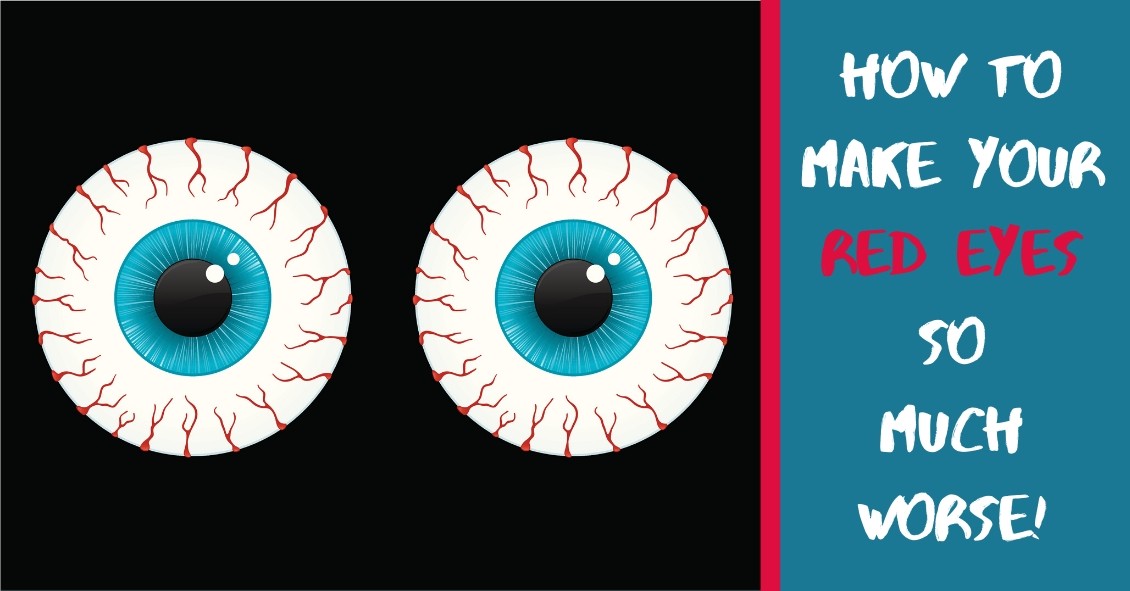- Details

Is it safe to use "Redness Relief" eye drops regularly?
The short answer is NO.
Here’s the slightly longer answer.
There are several eye “Redness Relief” products on the over-the-counter market, such as those made by Visine, Clear Eyes,...
- Details

There are several treatable eye diseases that at their earliest onset have few or no visual symptoms. In fact, the three leading causes of legal blindness in the United States all start with almost no visual symptoms detectable by the person...















